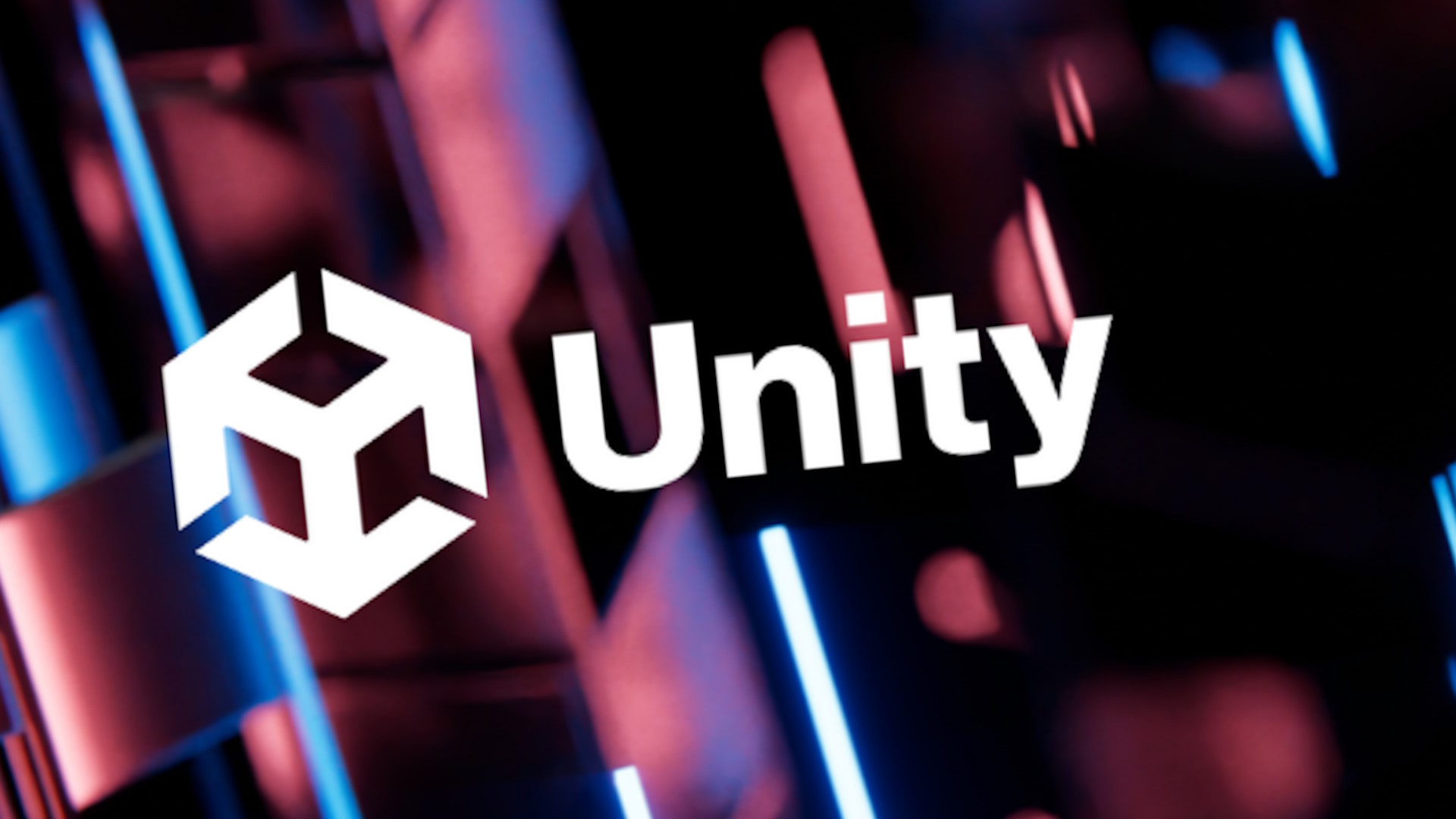Last week, just about everyone in the games business was mad at Unity over a new, retroactive per-install fee for games made with the engine. Unity developers raised troubling question after troubling question about the proposal: How would installs be counted? What if someone reinstalls a game over and over? What about cases where a developer could end up paying Unity more than they made from selling their game? After over a week of turmoil, Unity has announced that it’s walking back the most objectionable aspects of the fee.
In an “open letter” published today, Unity executive Marc Whitten apologized for the company’s errors and outlined the revised plan. Here’s the big stuff:
The new install fee (called a “Runtime Fee”) will not apply to games made with the Unity Personal or Plus plans, only the Pro and Enterprise plans.The free Unity Personal plan was previously restricted to studios that made less than $100K in the past 12 months. That threshold has been increased to $200K.The Runtime Fee won’t apply to games made on the current or older versions of Unity, unless the developer moves them onto the new version releasing next year or future versions.Games which are subject to the Runtime Fee (they’ve made $1M in the past 12 months and have been installed more than 1M times) can opt for a 2.5% revenue share instead, and will always be billed the lower amount.Installs will be self-reported, rather than determined by Unity’s “proprietary data model.”
The changes address the biggest complaints with the fee’s particulars. It’s no longer retroactive so long as developers don’t move their existing Unity games onto a new version of the engine (although this could become an issue for games receiving long-term updates), and the revenue share option means that developers who produce free or cheap games can’t wind up in a situation where Unity charges them more than they’re earning.
Unity’s 2.5% royalty maximum is lower than Unreal Engine’s 5%, which is applied to Unreal Engine games which have earned over $1M in lifetime revenue. (Although note that Epic does not charge for use of the Unreal SDK regardless of studio revenue, whereas Unity charges per-user for its Pro and Enterprise plans.)
Everyone, however, is not friends again. Although these changes make the proposal less objectionable and there are positive responses to the letter, Unity’s surprise announcement last week put developers in a defensive posture, and not all of them are lowering their guard.
Facepunch Studios founder Garry Newman, who said that “Unity can get fu****” in response to the original fee announcement, said today that although Unity’s new proposal “seems fair enough,” he’s not changing his position on the company.
“Sadly, for me, the trust has been broken,” wrote Newman. “It woke us up. The threat of what could happen in the future is too apparent now.”
(Image credit: Garry Newman)
Terraria developer Re-Logic preemptively expressed a similar sentiment earlier this week when it pledged $200K to open source Unity competitors. Even if Unity walked back much of its proposal as it has done now, “the destruction of trust is not so easily repaired,” the developer stated at the time.
One of those free open-source Unity competitors, an engine called Godot, has received significant attention in the wake of Unity’s calamitous announcement. Developer Robot Gentleman, as one example, announced last week that because of Unity’s “outrageous violation of trust,” it would migrate its current project from Unity to Godot and increase its financial support of the free engine.
Unity is running a “live fireside chat” today to answer questions, and has summarized the new version of its fee proposal with an FAQ, which includes more specifics than I’ve relayed about changes to the Unity plans and thresholds for the Runtime Fee.











